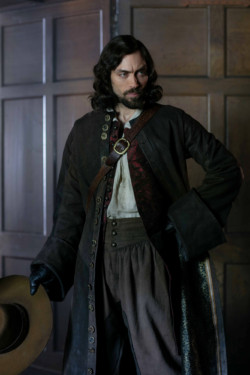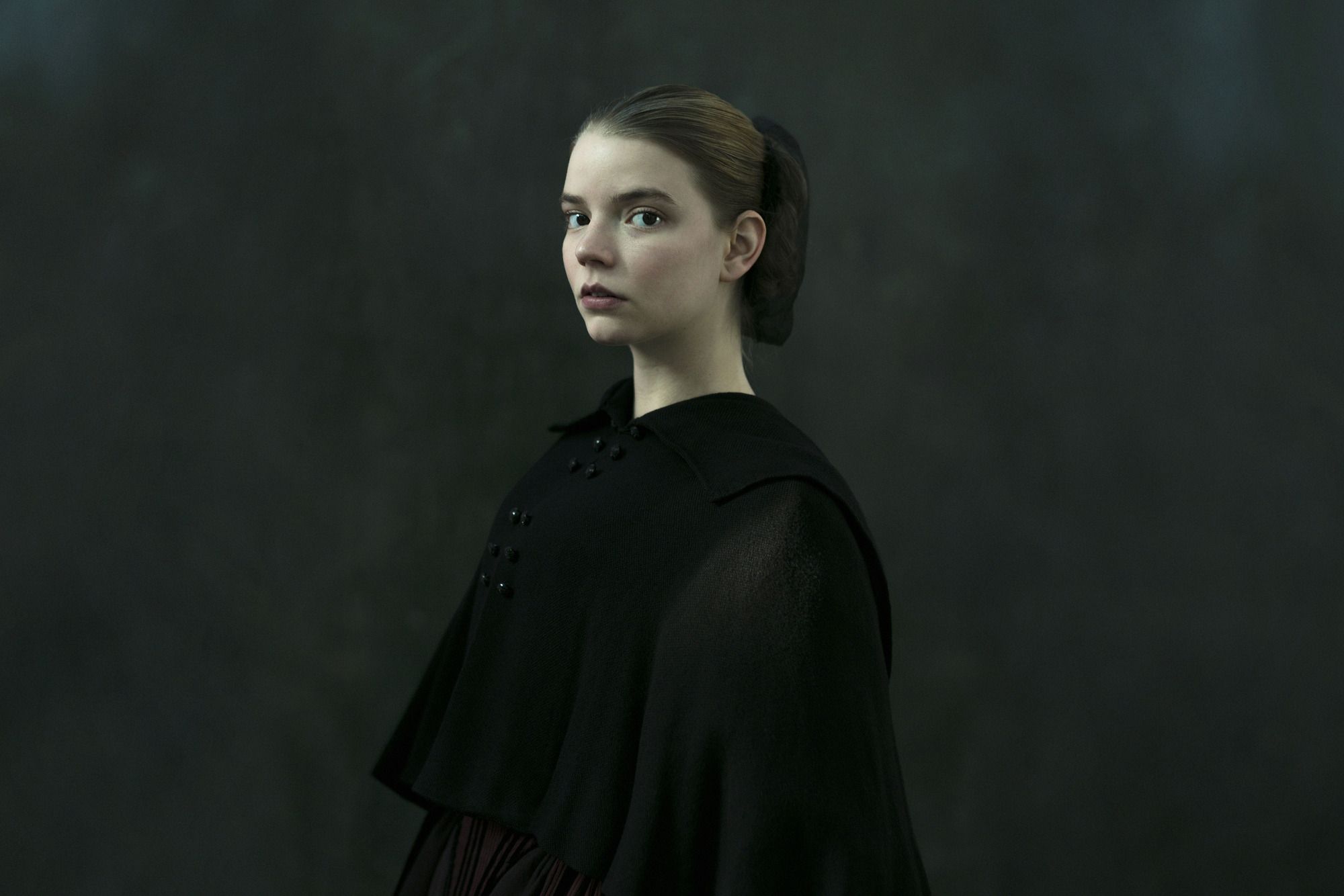The Miniaturist
The regular series of Christmas specials have concluded, and so they have ushered in the procession of the Boxing Day period drama series, The Miniaturist among them. Adapted from Jessie Burton’s 2014 international bestseller, the series takes place in late seventeenth century Amsterdam, through the perspective of Petronella (Anya Taylor-Joy), a teenage bride whisked into a foreign marriage to save her household. The show follows the book’s strong theme of mystery while also exploring ideas of identity, a person’s public image clashing with private agency, as well as human sexuality. (I also vow that you have just read my last reference to the book. This review won’t be one that nit-picks all the adaptation’s changes and acts as a summary for the novel, because who wants that?)
What a viewer will immediately notice from this series is how beautiful it looks. There’s a very clear effort in the cinematography to make the audience feel that they are truly inhibiting the house, becoming familiar with its gothic-inspired surroundings, and finally feeling the oppressive atmosphere of the household in the same manner that Petronella does. It is no surprise that, immediately after watching the series, I saw comparisons to the painter Vermeer at least five times on my Twitter feed in reference to this show, as it truly does look like a painting. The visuals work well in distracting the viewer from some of its failings throughout the first episode, specifically in its editing. While the cinematography can be gorgeous, at times peculiar editing choices are made which service only to pull the viewer out of the experience. This, alongside occasional unnecessary narration and one particularly cheap jump-scare, are thankfully only present during the first instalment and aren’t so egregious that they drag the show down from its level of quality.
The show expects viewers to have a stronger emotional reaction to moments while never providing the necessary build-up
The other immediate highlight of the show is the casting, specifically in the case of Anya Taylor-Joy’s portrayal of Petronella. Having already impressed audiences in her previous acting in various period pieces (such as 2015’s seventeenth century horror film The Witch) it’s understandable why she was chosen for this specific role. Taylor-Joy perfectly encapsulates Petronella’s wide-eyed youthful fear in this alien country and marriage, and balances the naiveté necessary for us to learn of the story’s events through her, without falling to the clichéd format of an incompetent protagonist.
Alex Hassel performs as Petronella’s distant husband, Johannes Brandt. This is quiet a demanding role, as Hassel is forced to tackle the many aspects of Johannes’s character, being both elusive, at times selfish, while also maintaining an underlying charm throughout. I believe he is able to succeed in this task, and he certainly excels when interacting with Petronella, although his visage may prove distracting to some during the first episode, as he distinctly looks like a pirate throughout. Another performance that stands out is that of Romola Garai, who portrays Petronella’s new strict and frugal sister-in-law, Marin. In the first episode her character’s behaviour initially flirts with the melodramatic – however that soon wanes in favour of Marin becoming a fully dimensional character by the second episode, and she is able to command the sympathy of the audience through her intense dialogue. As much of the plot resides within the confines of Petronella’s new home, there is not much to add about additional acting in the show, as other characters, such as the servants of the household, are simply not given the necessary screen time to allow their actors to shine.

Johannes Brandt Photo: The Forge/BBC/ Laurence Cendrowicz
The acting of the show becomes the most believable when depicting the relationship of the most prominent three female characters: Petronella, her frugal sister in law Marin, and their servant, Cornelia (Hayley Squires). Their connection slowly builds across both instalments and allows their emotional connection to feel truly earned. Unfortunately, these three women are one of the few relationship dynamics throughout the show that feels truly believable. Petronella’s relationship with her husband, Johannes, makes erratic leaps in how close their emotional bond truly is, and the viewer might feel that the show is expecting them to join the dots by themselves and imagine these two characters growing closer off-screen as the plot progressed. This leads to the show expecting viewers to have a stronger emotional reaction to moments of their relationship while never providing the necessary build-up.
The Miniaturist is undeniably weighted by many faults that prevent it from becoming truly excellent and memorable
Referring to build-up, this series seems to have a strained relationship with the momentum of its plot. This is especially evident during its first instalment, as there appears to be a natural progression of suspense, but the control soon falls out of the episode’s grasp. Various dramatic reveals both accentuate and deflate the tension, muddling the fluidity of the show’s plot. This inability to control the show’s build-up can also be seen in many of the show’s story arcs, both those taking place within Petronella’s household and those involved with the supernatural. While the series is affluent in creating intrigue for its narrative, their eventual conclusions may leave much to be desired for the viewer. Some might argue that an open-ended conclusion is more realistic, as life is not a series of perfect resolutions, but others might see this as a narrative that promises answers and eventually writes itself into a corner. If I had to say, I see it as a combination of the two.
The Miniaturist, while very pleasant on the eyes and containing excelling performances, is undeniably weighted by many faults that prevent it from becoming truly excellent and memorable, (although still remaining a good viewing experience). I would especially recommend the series to fans of period dramas, Anya Taylor-Joy’s previous work, or any who especially enjoyed the original novel.

Comments